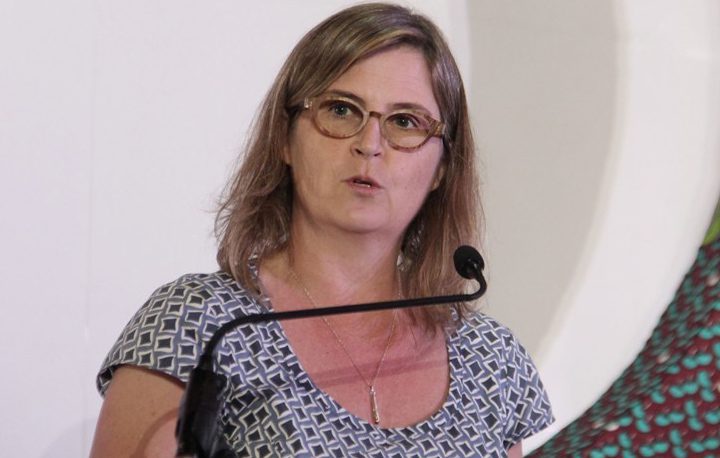The recent rainy seasons in Africa have affected “over two million people” due to floods and displaced over 500,000 others, the Director of Operations of the World Bank (WB) in Ivory Coast, Benin, Togo, and Guinea, Coralie Gevers has said.
“In past weeks, there have been heavy rains in the region and for this last rainy season alone, there were more than two million disaster victims in Africa, there were also many deaths,” Ms. Coralie Gevers was speaking on Wednesday in Abidjan on the occasion of the Regional Conference themed ‘Understanding Risks in West and Central Africa.’
The conference, which takes place on November 20-22, 2019 in Abidjan, was opened by Albert Amichia, the Ivorian Minister for the City, representing the Minister of Sanitation and Healthiness, Anne Ouloto.
With over 9,000 members, Understanding Risks is a community of experts and practitioners from around the world working in the field of disaster risk management and prevention. This year, they are gathered to exchange views on the theme “Human Capital and Innovation, the Driving Force behind Resilience.”
This forum is an exchange and sharing of solutions for West and Central Africa to better prevent natural disasters that have caused significant damage in recent decades in these regions. It aims to disseminate good practices on the risks of natural disasters.
It should allow, according to Ms. Gevers, the use of new technologies to accelerate the production process and transfer of solutions for disaster risk, and facilitate both the communication and interpretation of inventions on cartography.
Today, 31 percent of the West African population lives on the coastline, which contributes to “56 percent of the gross domestic product” of these countries. According to World Bank studies, “every year, Togo, Cote d’Ivoire, Senegal and Benin lose US$3.8 billion (2,253 billion CFA francs).”
Cote d’Ivoire, the most flood-stricken country, lost nearly US$2 billion (1,185 billion CFA francs) in 2017, as a result of floods. Several months ago, coastal erosion destroyed the Lahou-Kpanda cemetery (south), where the sea engulfed the graves.
Organized by the World Bank with the support of the European Union, and in partnership with the Ivorian government, this platform aims to understand the risks of natural disasters and climate change in order to better address issues and seek effective solutions to strengthen prevention and resilience.
Since 1970, there have been more than 2,500 natural disasters that have killed nearly one million people in Africa and caused damage estimated at about US$32 billion, representing eight years of Senegal’s tax revenue, Coralie Gevers added.
In this regard, a seminar on the state of Africa’s cartography is taking place in Grand-Bassam (southeast of Abidjan) on November 22-24, 2019. This meeting brings together nearly 450 experts in West and Central Africa’s space geography.
More than 1,000 participants from more than 30 countries are taking part in this event, which will feature more than 300 innovators in mapping technologies that will give other states the opportunity to get to the heart of the latest technologies in the open and participatory mapping of the Open Street Map community aimed at detecting and preventing risks.
AP/ls/fss/Dng/APA


